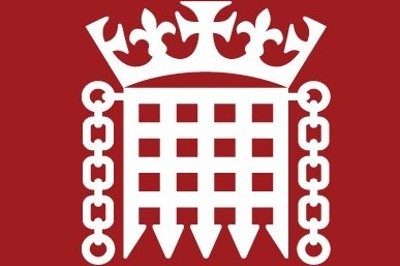On Thursday 5th March, Lord Puttnam contributed to an important debate in the House of Lords on the BBC and public service broadcasting:
My Lords, I too thank the noble Lord, Lord Young, for making possible this incredibly timely debate—albeit the Roger Bannister version, as I view it. In the short time available, I hope to remind your Lordships that the current project to undermine public service broadcasting is not new. It is simply the most recent iteration of a decades-long campaign of salami-slicing and intimidation by, I am sad to say, successive Conservative Governments, many of whom have sought to take the wind out of the BBC’s sails and erode the trust it enjoys among the public. It is the now-familiar Putin playbook: promote fear and distrust, and allow the consequences to multiply.
As the noble Lord, Lord McNally, has already suggested, there is something rather ironic in the determination shown by Conservative leaders to dismantle an institution of which the party itself should be rightly proud. Perhaps the Prime Minister has forgotten that it was under the leadership of his hero, Winston Churchill, that a Conservative Government passed the Television Act 1954—legislation that protected the position of the BBC while, at the same time, introducing a brilliantly conceived system of regulated competition through a new Independent Television Authority. This system established a nationwide ecology—there is that word again—of public service broadcasting that allowed all aspects of the media to thrive. Crucially, while there was competition for audiences, the BBC/ITV duopoly did not compete for revenue.
The one-nation vision that lay at the heart of policy-making 60 years ago would appear to have evaporated and turned into something rather more sinister. There is no lack of vision in this Government’s policy towards the BBC. The vision is there; it was laid out with paint- by-numbers clarity by the Prime Minister’s principal adviser, Dominic Cummings, in 2004. Writing that year, he called for a campaign to undermine the corporation’s credibility, suggesting that:
“The BBC is a determined propagandist with a coherent ideology.”
To combat this, he argued for the creation of a British version of Fox News. He believed this could be achieved through a
“campaign to end the licence fee”.
Here was a vision that represented a massive departure from Conservatism, certainly as most Members of this House would understand it. Its genesis was that of Trumpian populism, an ideology that treats contempt for institutions as a form of political weaponry and is a long way from the wisdom of Edmund Burke, who once said:
“Rage and frenzy will pull down more in half an hour than prudence, deliberation, and foresight can build up in a hundred years.”
For the past few months I have spent a great deal of my life in the Committee Corridor, chairing a Select Committee looking at the impact of digital technology on democracy. One thing has already emerged with quite frightening clarity: confusion over where to seek verifiable fact. However, thanks largely to the vision of the noble Lord, Lord Birt, who I am delighted is in his place, and as recently confirmed by Ofcom, the BBC has emerged as the digital gold standard in the provision of trusted information in an era of fake news. Surely, as we stand on the brink of a global pandemic, that gold standard of trust is more crucial than it has ever been.
This can no longer be about the wilful vengeance of politicians; it is about the very real possibility of saving lives. To paraphrase the noble Lord, Lord Hennessy, speaking in this House just two months ago, trust is the scarcest and most precious political metal we have. Sad to say, I am far from reassured by the Secretary of State’s well-trailed retreat from earlier briefings. I can only repeat my belief that we are watching a well-rehearsed process of intimidation and destabilisation. Hopefully, when she comes to respond to the debate the Minister will unequivocally assure me that I am wrong, because we cannot allow an unremitting vendetta to rob us of the most valuable asset that democracy has at its disposal.


